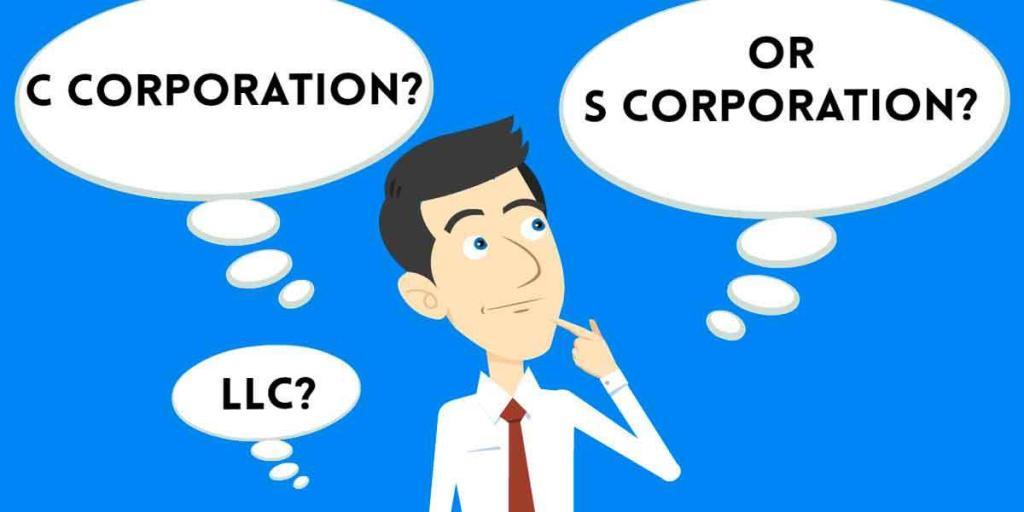Should I Use C-CORPORATION, S-CORPORATION, or an LLC?
Choosing the right business entity is a foundational decision for any entrepreneur. In New York City, where business dynamics are as diverse as the city itself, making this choice requires careful consideration of legal, tax, and operational implications. At Morgan Legal Group, our extensive experience in estate planning, probate, elder law, wills, and trusts provides us with a unique perspective on business formation. This article will guide you through the nuances of C-Corporations, S-Corporations, and LLCs under New York State law, helping you make an informed decision that aligns with your business goals.
Understanding the Basics: C-Corp, S-Corp, and LLC
Before diving into the specifics of each entity type, it’s crucial to understand what C-Corporations, S-Corporations, and LLCs are, including their general structures and the legal frameworks that govern them.
Advantages and Disadvantages of C-Corporations
C-Corporations offer limited liability protection, perpetual existence, and the ability to raise capital through the sale of stock. However, they are subject to double taxation and rigorous regulatory requirements. This section will explore the suitability of C-Corporations for businesses in New York, considering local tax implications and regulatory landscapes.
Advantages and Disadvantages of S-Corporations
S-Corporations enjoy pass-through taxation, avoiding the double taxation faced by C-Corporations, along with limited liability protection. Nonetheless, S-Corporations are restricted by shareholder limitations and strict qualification criteria. We’ll discuss how these factors play out in the New York business environment.
Advantages and Disadvantages of LLCs
LLCs combine the limited liability protection of corporations with the tax efficiencies and operational flexibility of partnerships. Despite these benefits, LLCs in New York may face specific challenges, such as publication requirements and self-employment taxes. This section will detail the considerations for choosing an LLC as your business entity in New York.
Choosing the Right Entity for Your Business Goals
Selecting the right business structure is a decision that impacts your tax liabilities, legal obligations, and operational flexibility. We’ll provide guidance on aligning your choice of entity with your long-term business objectives, taking into account the size of your operation, growth aspirations, and the nature of your business activities.
Navigating New York State Regulations
Each business entity type is subject to different regulations under New York State law. From formation requirements to ongoing compliance obligations, understanding these legal nuances is essential for maintaining good standing and optimizing your business’s legal and tax status.
Case Studies: Real-World Applications
Illustrative case studies will showcase how different business structures have been effectively utilized by New York businesses. These examples will highlight the strategic considerations behind choosing a C-Corporation, S-Corporation, or LLC, providing practical insights into each entity’s real-world applications.
Conclusion: Making an Informed Decision with Morgan Legal Group
The decision between a C-Corporation, S-Corporation, or LLC is multifaceted, requiring a comprehensive analysis of legal, tax, and business considerations. With Morgan Legal Group’s expertise, you can navigate these complex decisions confidently, ensuring that your business structure supports your vision and goals. Our team is dedicated to providing personalized, strategic advice on business formation that aligns with New York State law and your specific business needs.
Contact Morgan Legal Group today to explore how we can assist you in selecting the optimal business structure for your venture in New York, setting a solid foundation for your business’s future success.









